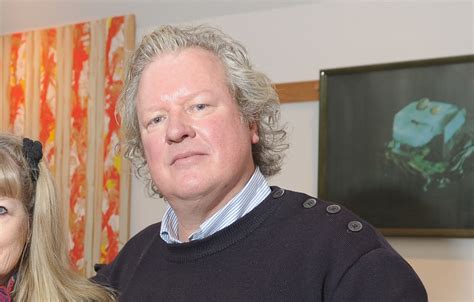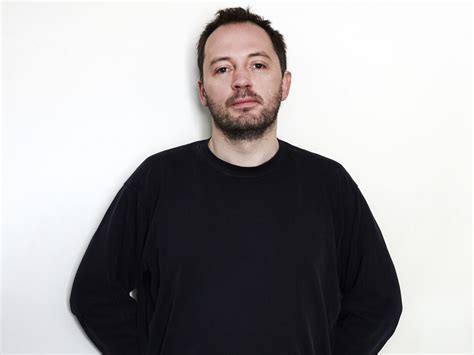A Quote by Chris Abani
I love essays, but they're not always the best way to communicate to a larger audience.
Related Quotes
If I can get the audience to connect with the characters emotionally - and they love who they are, they love the larger-than-life situation that they're in, but most of all get the audience invested in the characters - then I always feel like I can sort of put them in the most outrageous circumstances, and the audience is okay to go with that.
I feel that I'm an essayist and that my best work gets done in that form. I wanted to do a book where the essays could exist on their own terms. A book that was neither a book of essays that were shoehorned into a memoir, nor [one where] the essays had been published elsewhere first, [because] then they would kind of bear the marks of those publications.
Speaking of love, one problem that recurs more and more frequently these days, in books and plays and movies, Is the inability of people to communicate with the people they love: husbands and wives who can't communicate, Children who can't communicate with their parents, and so on. And the characters in these books and plays and so on, And in real life, I might add, spend hours bemoaning the fact that they can't communicate. I feel that if a person can't communicate, the very least he can do is to shut up!


































